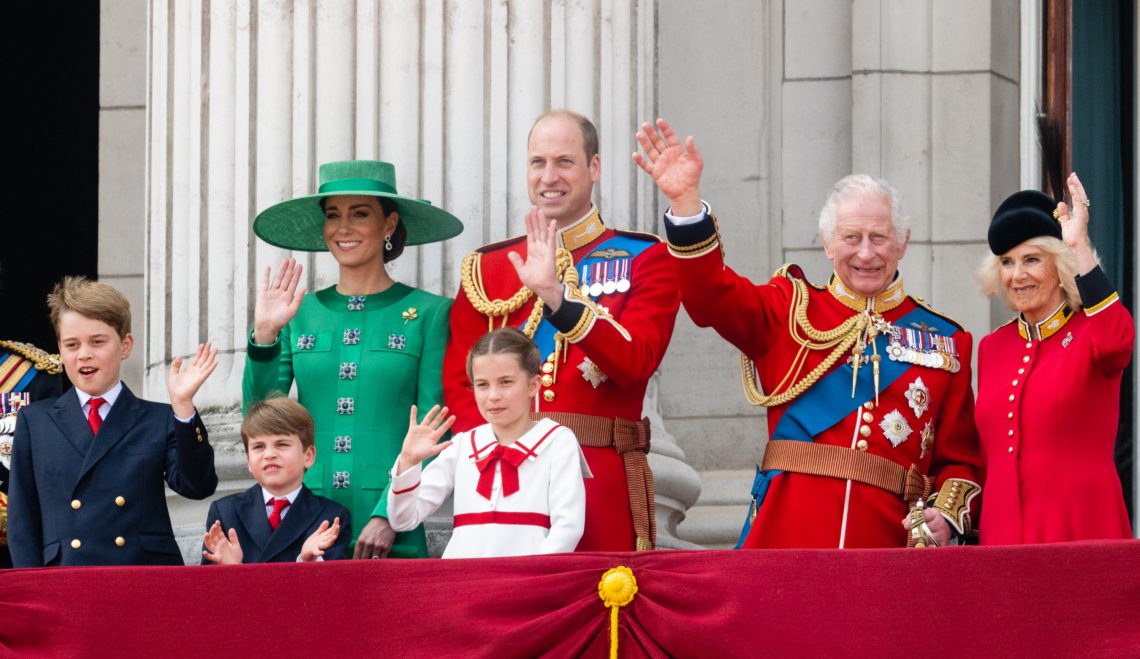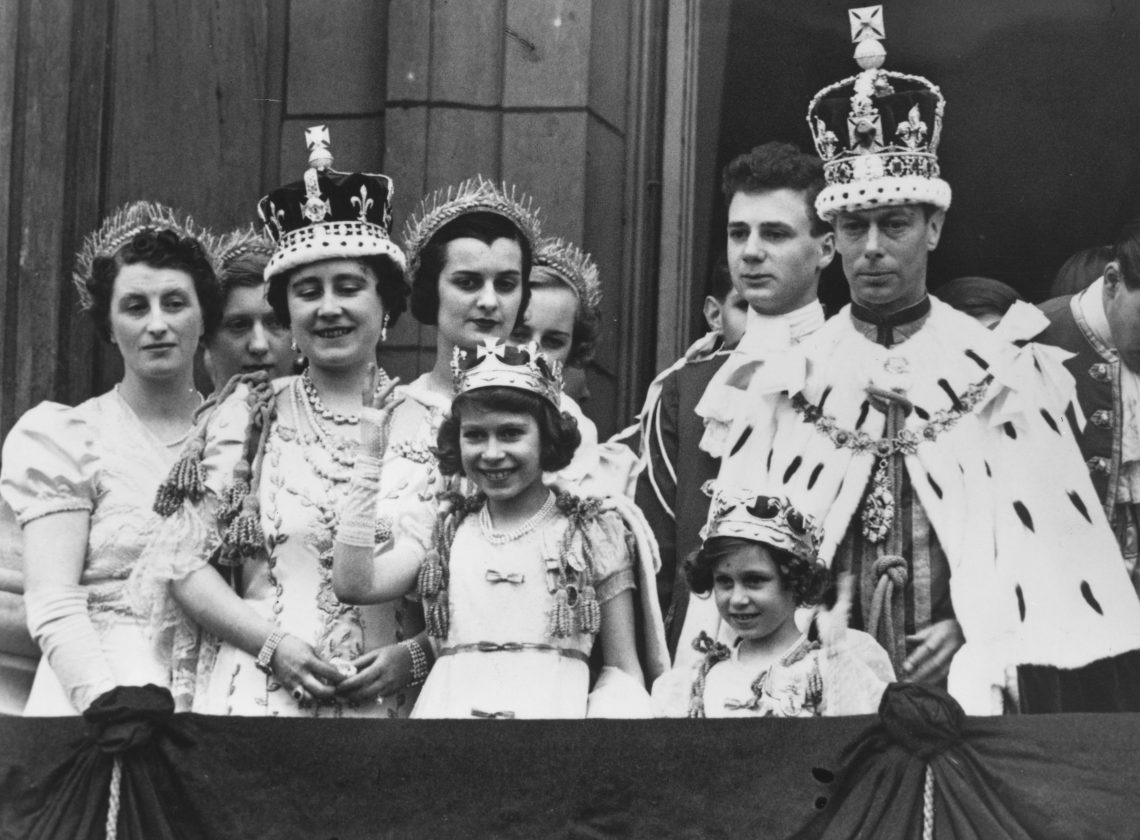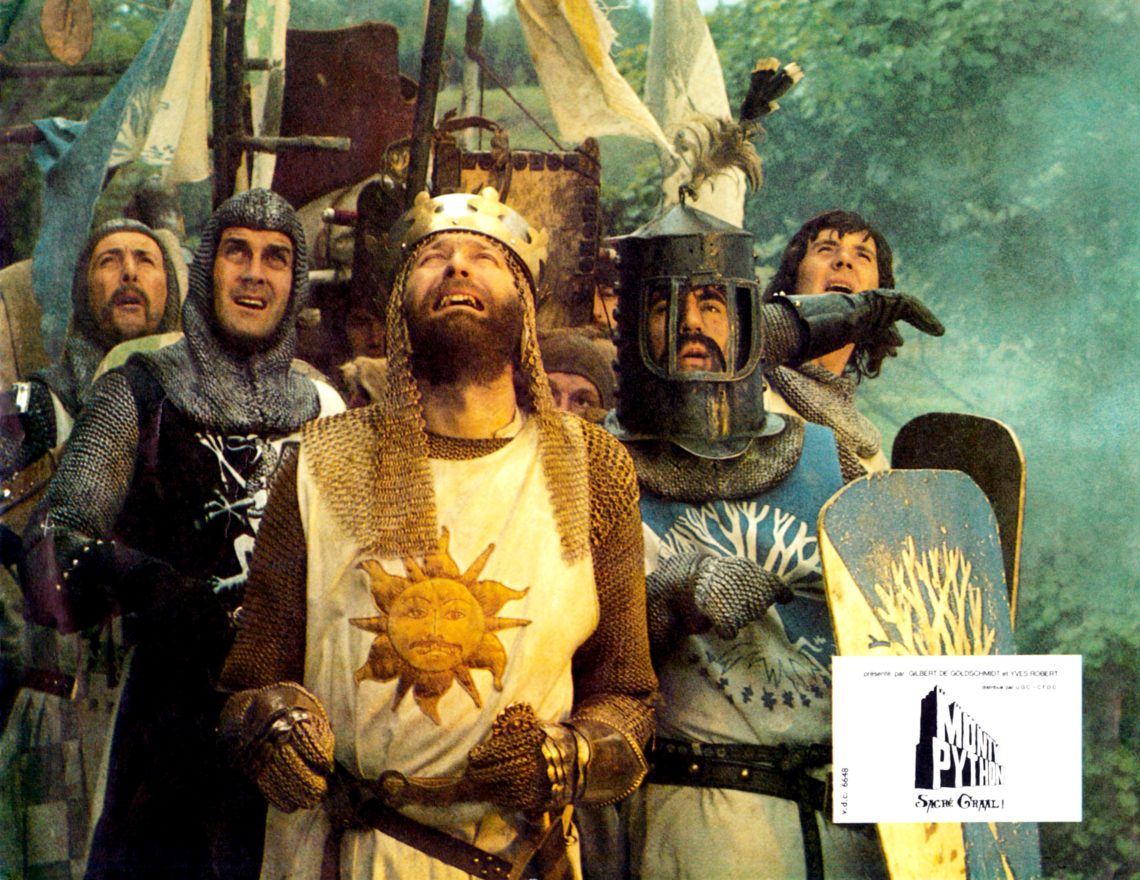The challenges facing King Charles III
The monarch will respect tradition while likely seeking to make his mark on such modern issues as the environment, war, migration, religious freedom and artificial intelligence.

In a nutshell
- The British are content with their ancient monarchy for now
- Charles will honor the legacies of his grandfather and mother
- A sense of duty, humor and humility will help his public standing
In 1967 the young Prince Charles broke with tradition and, instead of joining the military, entered Trinity College at the University of Cambridge. He studied archaeology, anthropology and, later, history.
Three of Charles’ direct contemporaries at Cambridge channeled their own talents into creating an irreverent, provocative and quintessentially English form of satire. It is said that one of their ardent admirers was the student Prince, who became a lifelong fan of Monty Python.
Earlier this year, he even squeezed in a reference to Python in his historic 2023 speech to the German Parliament – delivered seamlessly in English and German, earning him a two-minute standing ovation.
Charles will be familiar with the amusing exchange in Monty Python and the Holy Grail in which King Arthur is asked by the peasants how he, Arthur, came to be made the king. Arthur patiently explains that a shimmering lady had emerged from a lake holding aloft the sword Excalibur “signifying by Divine Providence … why I am your King.”
Not satisfied with the explanation, Dennis the Peasant tells Arthur: “Strange women lying in ponds distributing swords is no basis for a system of government. Supreme executive power derives from a mandate from the masses, not from some farcical aquatic ceremony.” Arthur orders the peasant to “Be quiet!”
Believing in kings
King Charles could be forgiven for responding in a similar vein to two of those Cambridge contemporaries whose names are synonymous with Monty Python. On the day of the coronation, speaking from his home in California, Eric Idle, the Monty Python actor and writer, tweeted a fairly offensive and derogatory message followed by a further tweet saying that “To believe in Kings you need to believe in Gods. I believe in neither.”
Not to be outdone, Mr. Idle’s Monty Python collaborator and fellow actor, John Cleese, questioned the coronation oath of allegiance – suggesting in an odd parallel that Donald Trump and the King both require blind allegiance. In reality, the knights in the Holy Grail are a pretty unreliable lot. Their allegiance and devotion to their king prove skin deep. No doubt King Charles gets that. I doubt that Donald Trump does.
Related by Lord Alton of Liverpool
Called to serve
Parody has its place
Monty Python’s true believers, along with other cynics and skeptics, will have delivered a belly laugh at the sight in Westminster Abbey of the sovereign’s orb (globus cruciger, a Christian symbol of authority) in the hands of Charles III, recalling instead Python’s “Holy Hand Grenade of Antioch.”
They will have guffawed at the scriptural parodies of “The Book of Armaments” and have been unmoved by the prayers intoned, not by Python’s Saint Atilla, but by the Archbishop of Canterbury.
Satire can be irreverent, but it is meant to make us laugh and think. It is probably why the young Prince Charles liked Monty Python so much. It will be a sad day when the British cannot laugh at themselves; at their curious way of doing things; at their attachments; and at their institutions. Parody has its place.
The newly crowned Charles would do well to keep his sense of humor and a sense of perspective as he contemplates a range of challenges, from war in Ukraine to economic uncertainty, public sector strikes and threats to the Union.
But he also needs to remember what he can and cannot do – never forgetting that he is a constitutional monarch with no divine right to rule – and that he cannot simply tell the peasants to “be quiet!” Charles is the head of state of a parliamentary democracy; King as the consequence of both a civil war and the execution of another Charles, one who defied Parliament.
Charles III is heir to centuries of contested and sometimes bloody history. It took regicide, a republic, exile, emigration, subtle religious and political compromises and settlements for the restoration of Charles II and for the British model of constitutional monarchy to emerge.
Charles is right to cast himself in the same mould as King George VI.
The amazing legacy of Queen Elizabeth II
But he also inherits a more recent and amazing legacy bequeathed to him by his mother, Queen Elizabeth II, one of the defining figures of our times.
Her belief in public service, her concept of duty, her adroit ability to remain above tribal party politics, her profound faith and her understanding of her role as the focal point for national unity in good times and bad – all were extraordinary gifts to her nation, her son and her grandson.
And from whom did Queen Elizabeth draw her inspiration? She was in every sense her father’s daughter.
The example of King George VI
King George VI acceded to the throne in 1936, following his brother’s abdication. Among the lessons taken to heart by his daughter: his refusal to leave London during the worst of the blitz, his decision to eschew celebrity status or a glitzy lifestyle, his refusal to flirt with Hitler or English Nazi sympathizers (unlike other members of the aristocracy and even his own family), and the emphasis he placed on the dull and unspectacular routine of royal duties.
Charles is right to cast himself in the same mould. All the evidence suggests that William, his oldest son, is cut from the same cloth. He is also fortunate to have his redoubtable sister, Princess Anne, ready to shoulder the routine public duties.
I saw her in action in Liverpool in May, leading the commemoration of the 80th Anniversary of the Battle of the Atlantic. She has a no-nonsense dislike of flummery and understands the value of giving time to a nonagenarian veteran rather than a self-important local government official.

The monarchy is secure, for now
Monty Python’s satire notwithstanding – and thanks in no small part to Queen Elizabeth – most British people remain content with a constitutional monarchy rather than a republic.
To be sure, on Coronation Day there were some protestors in Trafalgar Square, while some Liverpool Football Club supporters booed the national anthem. But active antagonists are still a very small minority. Intelligently understanding why people feel as they do – and not simply telling them to “be quiet!” – is something to which Charles must give more thought; but, for now, the monarchy is secure.
That will only change if members of his family turn it into a bigger soap opera or insist on aping the lifestyles of playboys and celebrities, thereby squandering the rich legacy of Queen Elizabeth. The monarchy must retain its sense of dignity, purpose and even mystique.
Charles may have developed his sense of humor at Cambridge, but it was also where he embraced religious ideas and recognized the awesome implications of being accountable to a Creator. It informs his passion for good stewardship and for sustaining the gifts that God has given humanity.
Those beliefs put him way ahead of the times in challenging the gross industrialization of agriculture and the wanton destruction of the environment.
Defender of Christianity
There had been speculation that attempts would be made to de-Christianize the coronation service. Charles was having none of it and saw off all attempts to turn it into a kaleidoscope of syncretic beliefs.
He remains the “defender of the faith” – a title, ironically, given in 1521 by Pope Leo X to King Henry VIII, but which has come to mean Supreme Governor of the Church of England. William says his father is “deeply religious” and Charles is clear that, like his mother, he is an Anglican.
In Westminster Abbey this was a Christian king making his vows before God but doing so in the presence of leaders of other religious communities. This gesture underlines Charles’ belief that all people in the United Kingdom and throughout the Commonwealth that he heads should worship freely and without persecution.
Defender of religious freedom and tolerance
In deepening his religious beliefs, he has become close to the ancient Christian churches, notably the Egyptian Coptic church and the Syrian Orthodox church. Those relationships have led him to become increasingly outspoken in challenging the widespread persecution of religious minorities.
With 360 million Christians persecuted worldwide and other groups, like Uighur and Rohingya Muslims, facing genocide, this is a cruel phenomenon that Charles understands. He is well placed to make it a defining interest.
If he can continue to demonstrate the importance of what the late British Chief Rabbi, Lord Jonathan Sacks, called “the dignity of difference,” and foster a climate in which religious toleration and mutual respect replace division and conflict, it could have incalculable benefits for millions of people who suffer religious persecution. Globally, more than 100 million people are today displaced. Major causes are religious persecution and the scarcity of resources accelerated by climate change.
These two causes are close to the King’s heart. Both trigger conflict, appalling poverty frequently accompanied by hunger and starvation and spawn a tidal wave of refugees and human misery.
And both must and can be tackled at source. Nations that tame persecution and discrimination are the happiest, most stable and most prosperous. With stability comes the space to develop suitability and good stewardship of resources.

© Getty Images
Leadership in the service of humanity
Human ingenuity and intelligence must be harnessed on the scale of the Marshall Plan, with the genius of the Enigma Project, with the practical idealism and international leadership that can be called into the service of humanity.
Charles is in a privileged position where he could act as a facilitator and convenor. He is wise enough to know the limitations of his office and that he cannot interfere in the day-to-day running of the state – that is the prerogative of Parliament and his government. But whether it is at home or overseas, he can set the tone as much by his actions as by his words.
He also can put these two issues right up the agenda of the Commonwealth. This is one of the most underappreciated of global organizations. It is a coalition of the willing and rooted in shared and mixed experiences. Commonwealth countries travel at different speeds but generally, they have some common expectations of human rights, the rule of law and democracy.
That the Chinese Communist Party thinks the Commonwealth is worth infiltrating and subverting should be regarded as a badge of honor, a reason for strengthening and broadening its reach. It is disappointing that the current British government is so indifferent to the Commonwealth’s potential. Charles could help to change that.
Although his place as head of the Commonwealth is not hereditary and is mainly symbolic, the role provides him with an amazing reach into a network of 56 Commonwealth countries. They have a combined population of more than 2.5 billion people, one-third of humanity.
If Charles made it his business to convene a series of Commonwealth “Conference of the Parties” style conferences on the causes and solutions to the displacement of millions, he would earn the thanks of the most vulnerable people in the world.
His 2007 lecture tells you a lot about the kind of king he will be.
Today’s technology challenges
If all of that is not enough, and if our new king wants yet another challenge to add to his “to-do” list, he could do worse than dust off his copies of the dystopian fiction of George Orwell, Aldous Huxley and C.S. Lewis. Then reflect on the real-time challenges posed by artificial intelligence.
Technology has brought great benefits to humanity, but only an ostrich would confidently pretend that there are no intrinsic dangers posed by artificial intelligence.
Not since the Manhattan Project and the awesome potential of atomic weapons to annihilate humanity, have we seen such an existential threat: the scientists who are warning us that the machines could end up destroying humanity deserve an audience at the Palace. They are not exaggerating.
That Charles still has an appetite for these big ideas and for big battles remains one of his most endearing characteristics. He sees it from the perspective and principle of duty.
Charles gets the last laugh
Some years ago, I invited Prince Charles – as he then was – to come to the university in Liverpool where I held a professional chair to deliver a Roscoe Lecture on citizenship, public service and our duties as guardians and stewards. His 2007 lecture tells you a lot about the kind of king he will be.
During that visit we conferred an honorary fellowship on the Prince. His willingness to accept it has been a source of encouragement and pride to the academic staff and to the student body.
He clearly saw the occasion as an opportunity to connect with a community and with young people in a city who would not necessarily number his most ardent admirers or, indeed, be natural supporters of our constitutional monarchy. But that did not deter him. Quite the reverse.
Ultimately, that is probably the best answer and antidote to Dennis the Peasant’s complaint that “strange women lying in ponds distributing swords is no basis for a system of government.”
It might not be the system of government a committee of constitutional experts would invent. But, in looking at some of the alternatives, King Charles can firmly clasp his sword and orb, look Monty Python in the eye and know that he and the system of government he represents has had the last laugh.








